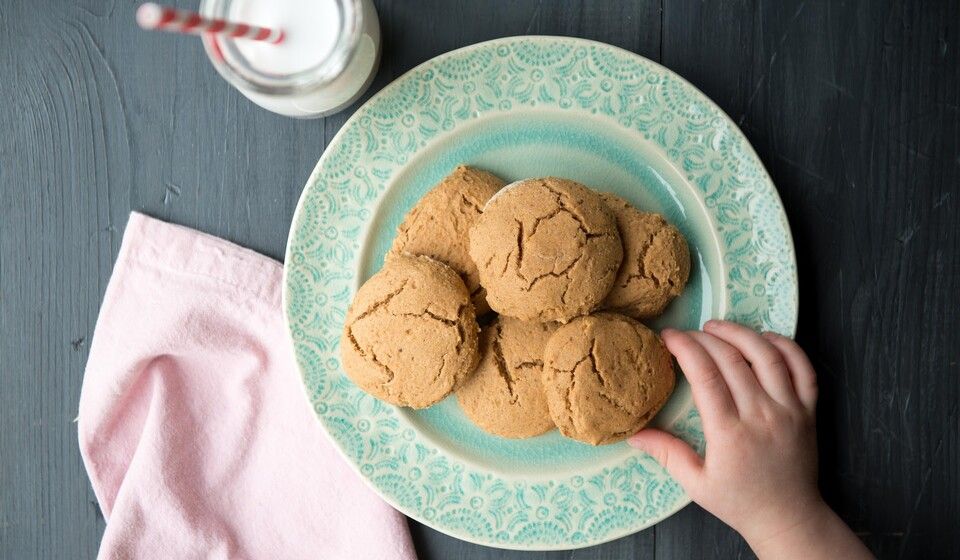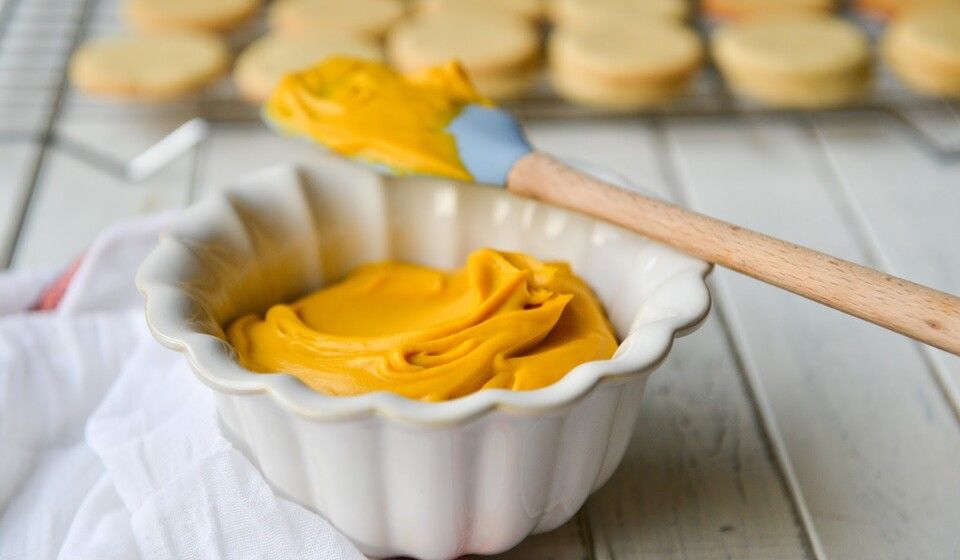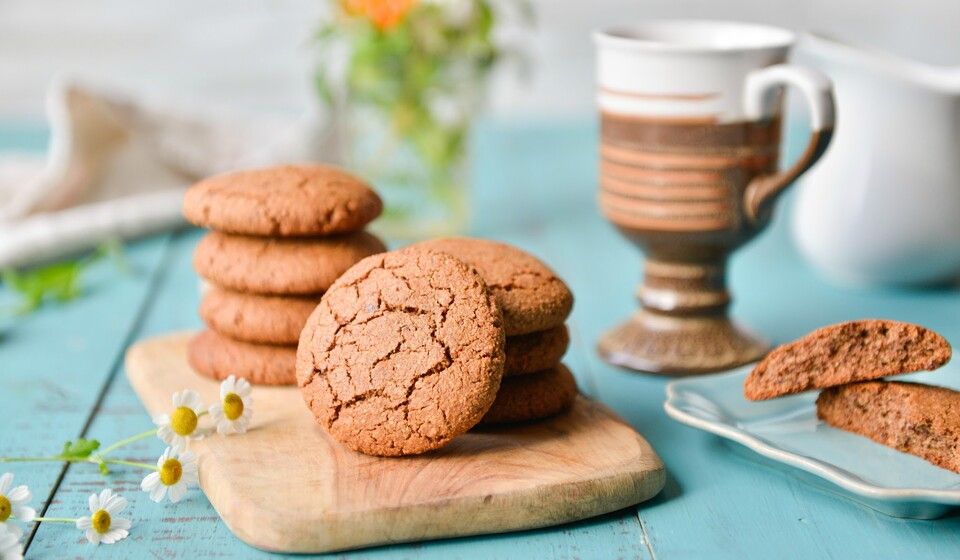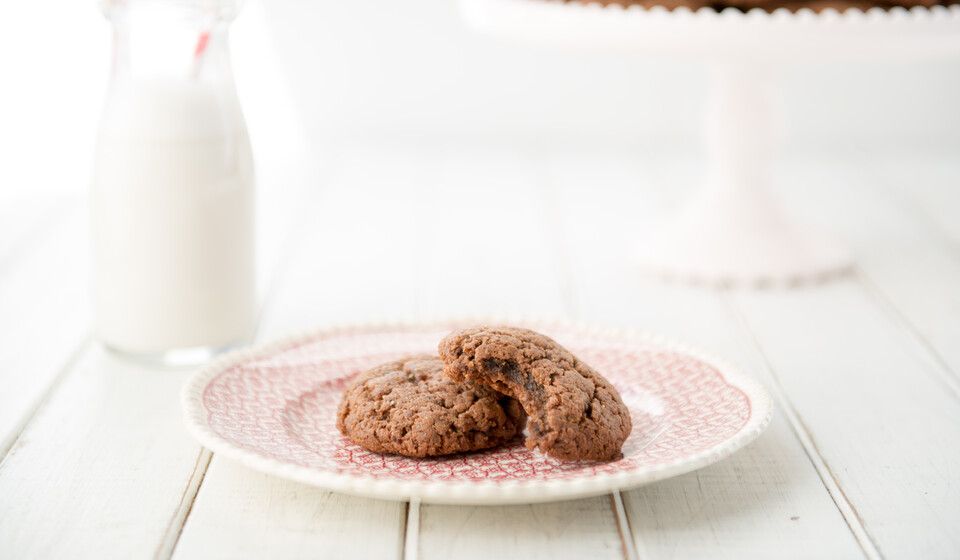Oatmeal-Spice Shortbread Cookies

Happy Winter Solstice! Today is the darkest day and the longest night of the year in the Northern hemisphere. It is a time of pause and reflection; a time to clear space for a new year. What do you want to release? What do you want to create for yourself in the coming year? I recently had a conversation with a friend that reminded me of something so simple, yet so foundational to the work I do. With every bite of food, we are choosing how we want to create ourselves. Each time we eat, we turn certain genes on and off; we feed certain species of bacteria in our guts that either promote health or promote disease; we consume essential nutrients that are used in a multitude of biochemical reactions, and without them these processes can't run efficiently. Our daily food choices either promote disease or promote health. That's why I am always looking for ways to create new recipes based on traditional favorites using nutrient-dense ingredients.
These shortbread cookies are made with nutrient-dense oat flour, and they're lightly sweetened with pure maple syrup. Oats are an incredible source of beta-glucans—a soluble fiber that feeds beneficial bacteria in our guts. After consuming compounds from the food we eat, these beneficial bacteria produce metabolites that can positively change gut barrier function, immune function, and even neurotransmitter balance! When we eat, we are promoting the growth of different bacteria that create either disease or health. What do you want to create?
Even the sweet treats we enjoy on occasion can be a source of health and longevity-promoting compounds. Natural sweeteners provide phytonutrients, minerals, and other compounds that promote health (when used in moderation, of course). The spices you add to your food are full of thousands of different beneficial chemicals that change gene expression. Butter is a rich source of butyrate, an anti-inflammatory short-chain fatty acid that the cells of the colon use for an energy source and maintenance of the lining of the colon. When we consume soluble fibers and resistant starches, the beneficial bacteria in our guts also produce butyrate and other short chain fatty acids. These fibers and starches feed and grow the beneficial bacteria in our guts so they can in turn nurture us.
This intricate dance of gene expression, gut microbe interaction, and cell function all occurs in response to the foods we consume. What nutrient-dense foods are you choosing for yourself today?

About the Author
Alissa Segersten, MS, CN
Alissa Segersten, MS, CN, is the founder of Nourishing Meals®, an online meal-planning membership with over 1,800 nourishing recipes and tools to support dietary change and better health. As a functional nutritionist, professional recipe developer, and author of The Whole Life Nutrition Cookbook, Nourishing Meals, and co-author of The Elimination Diet, she helps people overcome health challenges through food. A mother of five, Alissa understands the importance of creating nutrient-dense meals for the whole family. Rooted in science and deep nourishment, her work makes healthy eating accessible, empowering thousands to transform their well-being through food.Nourishing Meals Newsletter
Email updates.








Add Comment
Comments
Molasses is known to be high…
Molasses is known to be high in lead so I no longer use that. Is the molasses for flavor, sweetness or moisture? Possible substitutions might be coconut sugar, honey, rice syrup, barley malt, or something moist like applesauce. What do you suggest as a substitute for the molasses?
I make my own oat flour by putting oats in the blender.
Thank you for another lovely recipe!
Hi Patti,
You could use…
Hi Patti,
You could use coconut nectar to replace the molasses. Happy baking! :)